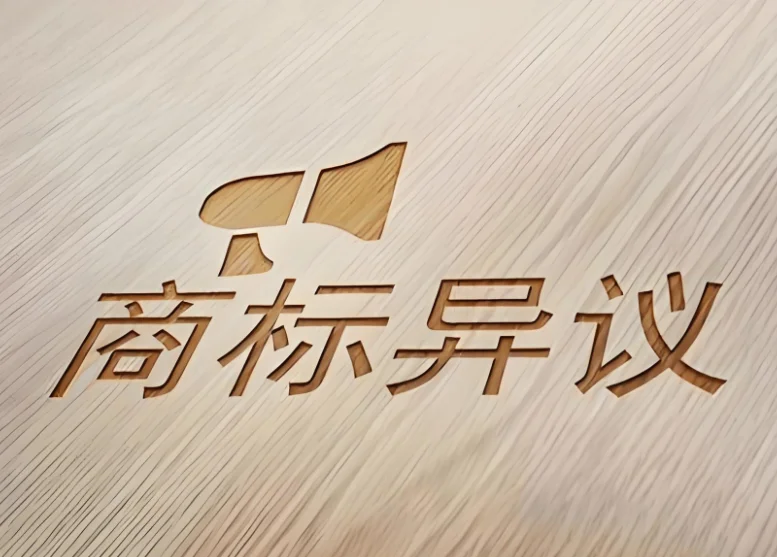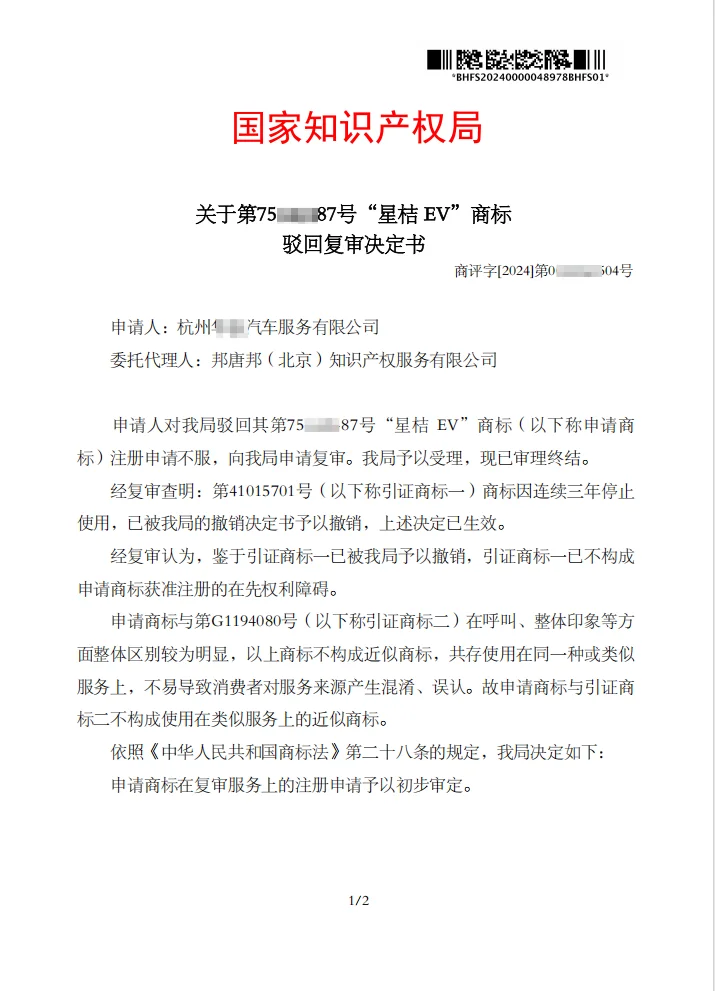Recently, media outlets exposed “black factories” engaged in thesis ghostwriting. Multiple enterprises, under the pretext of recruiting “text editors” and “writers”, provide paid ghostwriting services to those in need. As long as clients pay, these factories can mass-produce fake articles and theses, forming a “black factory” model that reaps exorbitant profits.
During the ghostwriting process, “writers” can use various AI software to improve efficiency. By simply inputting details such as the major, topic, keywords, and basic requirements of the article or thesis, the AI software can generate a first draft in a short period of time.
In addition to drafting, “writers” can also use AI software to structure the thesis logically and polish the language. It is reported that some people can complete over 30 articles and theses covering different academic levels and professional fields in a single day. Moreover, some online stores selling thesis ghostwriting services have an annual sales volume of over 40,000 orders.
The media also revealed the operation mode of these thesis “black factories”: they conduct hidden transactions through e-commerce and social platforms. To bypass platform inspections, they even use “plagiarism check services” and “consultation guidance” as covers. Ghostwriting transactions are completed through private communications, where keywords like “thesis” are deliberately avoided in conversations—making supervision extremely difficult.
Notably, a Wuhan-based company actually engaged in article and thesis ghostwriting once successfully registered the “Elite Talents” trademark.
According to intellectual property information from Qichacha (a Chinese enterprise information platform), a Wuhan-based education consulting company was established in April 2015 with a registered capital of 3 million RMB. Its business scope includes education consulting and teaching software development.
Intellectual property data from Tianyancha (another Chinese enterprise information platform) shows that the company has applied twice to register the “Elite Talents (ELITE TALENTS)” trademark under Class 41 – Education & Entertainment.
Among the two applications, the one filed in January 2021 was rejected in the preliminary review. The other trademark, applied for on March 15, 2011, was officially registered and announced on April 21, 2014. However, last year, this trademark faced a “three-year non-use cancellation” application (a legal procedure in China where a trademark can be revoked if it has not been used for three consecutive years without justifiable reasons). As a result, the trademark’s registration for the “sports and camping” service category was revoked.
In accordance with the provisions of China’s Trademark Law, if a registered trademark becomes a generic name for the goods it is approved to use, or if it has not been used for three consecutive years without justifiable reasons, any entity or individual may apply to the Trademark Office for its revocation.
Against the backdrop of increasingly scarce trademark resources and a continuous rise in application volumes, the number of “three-year non-use cancellation” applications has surged year by year, reaching hundreds of thousands. However, some of these applications are filed by enterprises or individuals for unfair competition purposes—abusing the “three-year non-use cancellation” procedure to suppress competitors. Such applications have been identified as malicious by the Trademark Office.
If your trademark is subject to a “three-year non-use cancellation” application, you must not ignore it and should respond proactively. On one hand, you need to analyze the applicant’s reasons for filing the cancellation and formulate a response plan based on your own trademark usage. On the other hand, you must submit evidence of the trademark’s use (prior to the cancellation application) or explain the justifiable reasons for non-use within the specified time limit. Otherwise, your registered trademark may be revoked.
Finally, we would like to remind enterprises once again: in daily business operations, enterprises should not only attach importance to the standardized use of their trademarks but also promptly retain relevant evidence of trademark usage to prevent their trademarks from being revoked after three years of registration.
上一篇:Release Da……
下一篇:Employee B……


